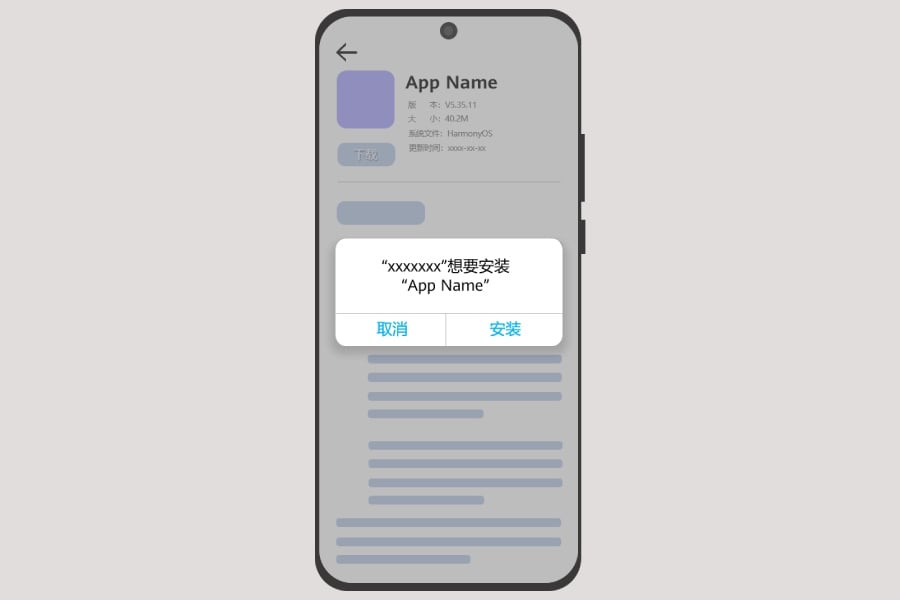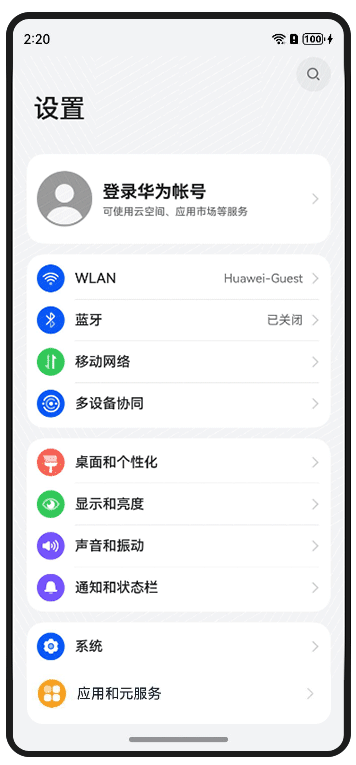For years, iPhone users have relied on enterprise certificates to install apps that haven’t been blessed by Apple‘s App Store. Now, it appears Huawei‘s HarmonyOS NEXT is taking a similar path.
In a recent developer update, Huawei announced a new method for sideloading apps in its OS. The process involves developers compiling and packaging their apps with certificates and profiles issued internally by their organization.
The final package and a description file are then uploaded to a server or cloud storage for users to download and install directly.

These apps are not intended for a wide consumer audience but rather for specific user groups, such as internal enterprise tools or programs.
According to Huawei, the feature is intended for “HarmonyOS applications that are not suitable or do not want to be publicly released on Huawei App Market.”
Developers will also have the option of leveraging Huawei’s AppGallery Connect (AGC) feature for small-scale distribution through designated channels.
While this grants developers more freedom, it does have its own set of limitations. Currently, the internal application release method only supports HarmonyOS apps built using the Stage model, and features like meta-services are not yet compatible.
Additionally, users will need to manually enable the app for it to run on the device. They can do so by navigating to Settings > System > Enterprise Device and Application Management > Enterprise Application Management and manually grant permission for the app to function.

Huawei’s move isn’t entirely unexpected. Sideloading apps offers great flexibility, especially for developers who want to bypass App Market approval for specific use cases.
However, there could also be some security concerns. Unlike the curated offerings of the App Market, sideloaded apps lack official oversight, increasing the risk of malware or compromised software.
Related:
- Huawei Pura 70 has 33 China-made components, highest ratio for the brand
- Huawei launches Wireless Mouse 2nd Gen and Starlight Edition featuring Nearlink connection
- HyperOS vs MIUI: 10 Things You Must Know
- Get $100 OFF on VIVO X100 Ultra at GeekWills
- Get Blackview HERO 10 Premium Foldable Phone for an Early Bird Price of $429






